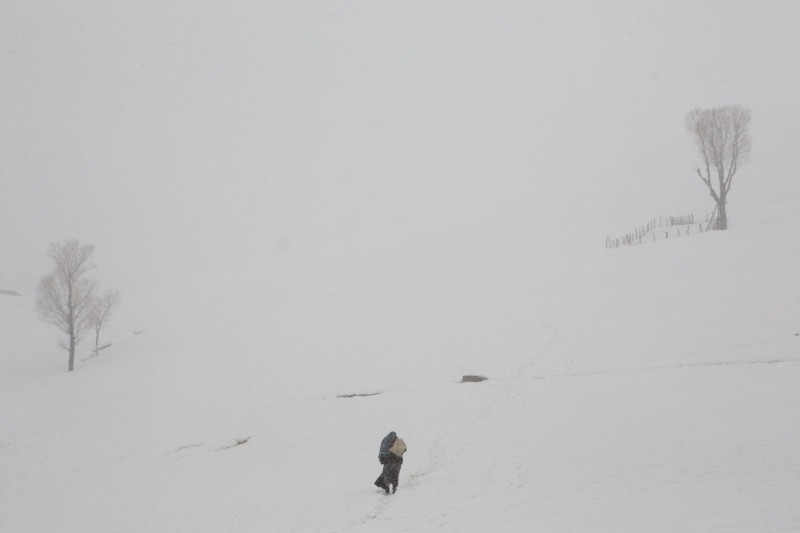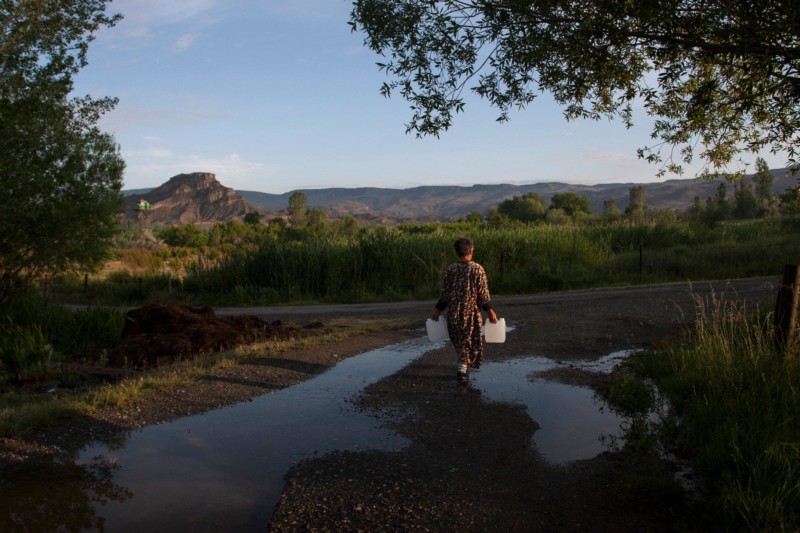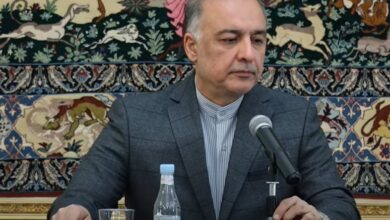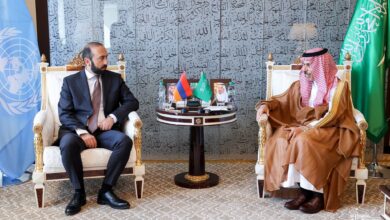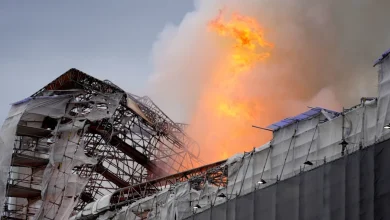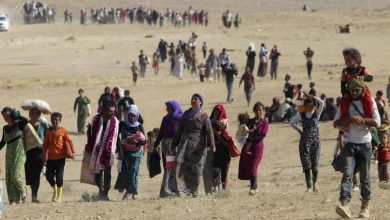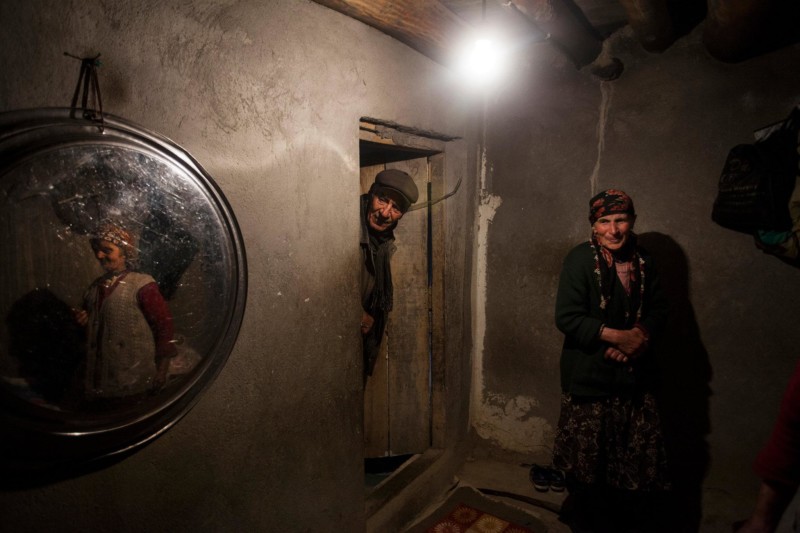
Photo: Anahit Hayrapetyan/4Plus
The New York Times presents a photo story of Armenians on both sides of the border, focusing on Armenians living in hiding.
Two women Anahit Hayrapetyan, an Armenian Christian, and Serra Akcan, a Muslim from Turkey, traveled through the region without men but with cameras, dredging up uncomfortable century-old secrets.
The women were searching for “hidden Armenians,” whose Christian ancestors survived the Armenian Genocide. These hidden Armenians are descendants of survivors, who were mostly women and children taken in by local Kurdish, Turkish and Arab families, and converted to Islam.
Phot: Serra Akcan/NarPhotos
In some of the more remote villages in Turkey that Ms. Hayrapetyan and Ms. Akcan visited, the ethnic and religious background of these Armenians were concealed out of fear of reprisal from their neighbors. Parents rarely informed children of their Armenian heritage, with many even avoiding the spoken language so children would not pick it up and discover their ancestry.
“We are doing this project because we want to change the single most accepted thing in Armenia and Turkey — that the Armenian and Turkish people are enemies,” Ms. Akcan said. “So by working together, people start to see that we can be friends — that we can be sisters.”
Ms. Hayrapetyan, a co-founder of 4Plus, a collective of Armenian women photographers, said that they “never hid that Serra is Turkish or that I’m Armenian” while working.
“It made things more difficult, but much more honest, or deep,” she said, “because families knew what the story we were working on was about.”
Photo: Anahit Hayrapetyan/4Plus
Many of the hidden Armenians said they did not know of their background until recently. One man described to them secretly following his grandmother after she said she was going to pick herbs in nearby hills. He discovered her praying in the ruins of an Armenian Christian church in a language he did not understand.
Once history is forgotten it is difficult to recover again, Ms. Hayrapetyan noted, and many people in Turkey, including in the government, deny that the events that led to the deaths of over a million Armenians between 1915 and 1921 ever happened.
“Maybe 100 years from now some people will insist that there was no Syrian war,” she said. “And many will write that there was no Armenian genocide. It’s a game of big countries, and Armenia is a small country with no power. This is how the world is. That’s why we find it important to gather these stories of these people.”


